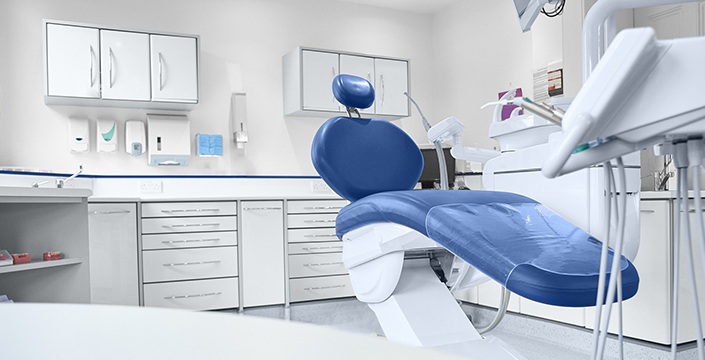
On Friday, June 30, Wellington-Dufferin-Guelph Public Health sent letters to patients of Guelph Dental Associates (Growing Smiles). The letters advise patients who had a dental procedure done at the 380 Eramosa Rd. location in Guelph between January 21, 2015 and June 21, 2017 that they should get tested for hepatitis B, hepatitis C and HIV due to concerns regarding the cleaning, disinfection and sterilization of reusable dental equipment.
Although the risk of infection is categorized as “low” by infectious disease experts, patients are being encouraged to get tested.
How did Public Health discover this problem?
Public Health is mandated to routinely inspect restaurants and personal service settings like spas and nail salons to ensure they are maintaining proper food safety and infection control practices. The same does not apply to offices and clinics run by regulated health professionals, including dentists, doctors, chiropractors and massage therapists. In those settings, the college of the health professional regulates and sets the standards that are followed.
Public Health is not authorized to inspect a dental office unless a complaint is made. When Public Health does receive an infection control complaint for a regulated health professional it is investigated and posted on our website if an infection control lapse is identified.
The first complaint our Public Health agency has ever received relating to Guelph Dental Associates (Growing Smiles) was on June 20, 2017 from a member of the public. The next business day, Public Health completed an unannounced inspection of the facility. Although the office was undertaking sterilization procedures, they were not strictly adhering to published best practices including those set out by the Royal College of Dental Surgeons of Ontario.
As soon as a risk was identified, the clinic was closed to the public until all dental equipment could be reprocessed by trained staff according to best practice standards.
Although the risk to patients is low, public safety is the first priority and anyone who receives a letter should get tested.
Concerned patients can call 1-800-265-7293 to speak with a public health nurse Monday to Friday between 8:30 a.m. and 4:30 p.m. For more information on hepatitis and HIV, read our fact sheet (PDF).
